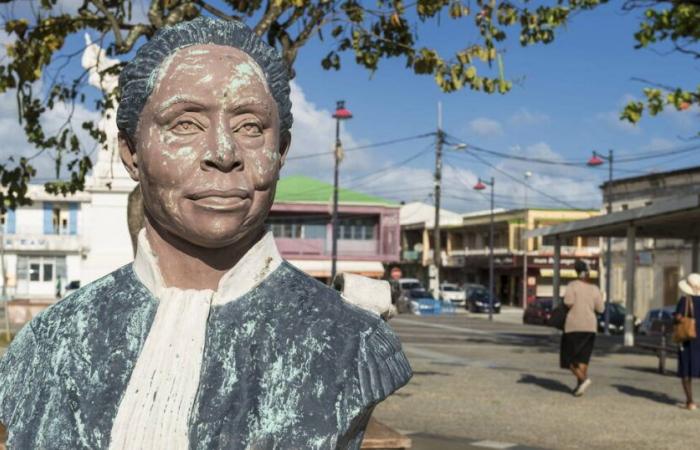
History
Article reserved for subscribers
In “Marianne is also black”, around twenty researchers highlight the struggles of women who are obscured, even despised, because of their skin color.
To proclaim that “Marianne is also black” is to accuse the French Republic of having introduced inequality between white women, mainly metropolitan women, and women of color, during the times of the colonies, and of having maintained it since. To describe the struggles against this inequity as hidden is to denounce the negation of the struggles of these oppressed people. Marianne is also black. Hidden struggles for equality, published in the United States in 2018, demonstrates that this “silence” is common to politicians, to second wave feminists – accused of having ignored the Coordination of Black Women –, but also to historical narration. This posture would favor the relegation of colonial racism to a past, to so-called outdated prejudices, at the risk of contributing to the persistence of racism, if not in law then at least in fact, in sometimes subtle forms.
While the pantheonization of Joséphine Baker, preferred to that of the Martinican intellectual Paulette Nardal, wants, in 2021, to consecrate in the eyes of the world the universalist anti-racism of the French nation, she values, even in President Macron's speech, the stereotype of black women “half-eroticized, half-exoticized”
France
Books





